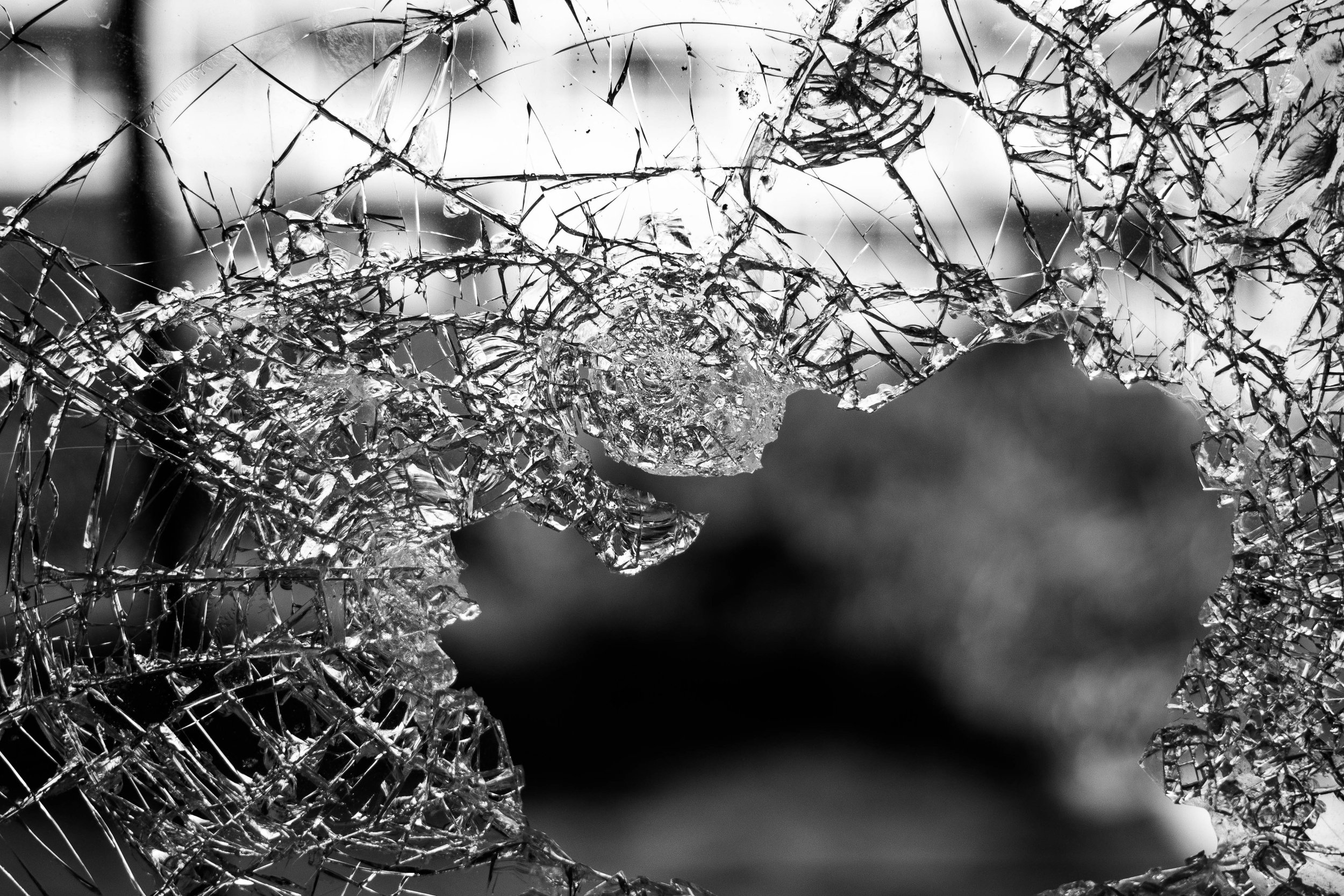Distant Loss by Olena Jennings
There are situations we watch from a distance, unsure how to intervene. What does it mean to intervene? Is intervening reading a poem during a literary marathon for the children living on the front lines? What if the front lines suddenly expand to include the whole country? I watch the Ukrainian situation with the desire to intervene and so I write this text. And so I translate. I attempt to bring the language to a new soil. First, it finds a place in the diaspora and then it finds a place among the general population. In this way, what the language conveys is preserved.
I translate poems and prose about war, the war that started in 2014 and raged in Eastern Ukraine. The lines I translate weave a bridge to the people who have not experienced war firsthand, like me.
I watch a pain that is not mine. I experience it from a distance. The glass through which I look is thin and breakable. Sometimes I can faintly see my own reflection. I can see myself in the situation. As Susan Sontag states in Regarding the Pain of Others “There is satisfaction of being able to look at the image without flinching. There is the pleasure of flinching.”
What does this destruction do to the body? The country is a reflection of the body. I watch with a pounding in my head. I watch, biting my nails. I feel the pain of others. I think of the pain of my grandparents. It is too early for history to repeat itself.
For my grandparents Ukraine was full of kept secrets. They immigrated to the US after World War II as political refugees. I was born to a Ukrainian mother and an American father in Milwaukee, Wisconsin where there was a small Ukrainian community. Secrets were whispered during a meal of cabbage rolls. Secrets that were dug out with the beets in the garden. Secrets that blew across the room in summer from the spinning fan. They could not be revealed because they were too full of pain.
I remember my pen pal from grade school before I knew Ukraine intimately through friends and translation, when Ukraine was just home life to me, speaking it the minute I threw down my backpack. I received a letter in shaky handwriting from my pen pal’s father. He was excited about independence and I remember listening to my mother read the letter aloud at the kitchen table. It was independence that made the travel of several now close friends to the United States possible. They brought books with them.
I remember reading one of those books that now I cannot place, that has become imagination. There was an apartment building and many lives inside that building. I have translated those poems so loosely that they have become my own poems in English. They were drafts. Now the time has come to write them again.
A friend has almost finished a book, but the war has stopped the writing process. The last chapter is to be written. I long for the day when I hold it in my hand, when I can read the conclusion, the conclusion of our pain.
Artist’s Statement:
I often build my poetry on a foundation of truth. Sometimes the truth comes in the form of photos and sometimes in the form of a memory. Memory is important, other people’s as well as my own. I think about the parts of other lives that I have heard about so much that they have become my own memories. I think about the less tangible aspects of memory that come in the form of a simple emotion.
My poetry is about connections. Small events weave themselves together in ways that are unexpected to me. When I see the connection, I have made the poem.
In my poetry, I explore Ukrainian cultural identity. With this comes the influence of another language on my writing. Ukrainian sayings sometimes make their way into my work in translation. I have also recently begun translating poetry into textile art. I start with fabric. I sew it into traditional clothing items that I embellish with embroidery, natural dye, wax, and other materials.
Olena Jennings is the author of the poetry collection Songs from an Apartment (2017) and the chapbook Memory Project (2018.) Her novel Temporary Shelter was released in 2021 by Cervena Barva Press. Her translation from Ukrainian of Vasyl Makhno’s poetry collection Paper Bridge is forthcoming from Plamen Press. She has performed her poetry at The Ukrainian Museum, Pen + Brush, The Book Forum in Lviv, Ukraine and with Yara Arts Group. She is the founder and curator of the Poets of Queens series. She was a 2018 recipient of a New Work Grant from the Queens Council on the Arts. She was a 2021 recipient of the City Arts Corps Grant for which she created Paper Doll Album in which poems and textile art interacted.


